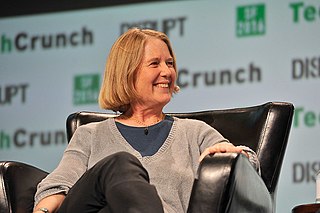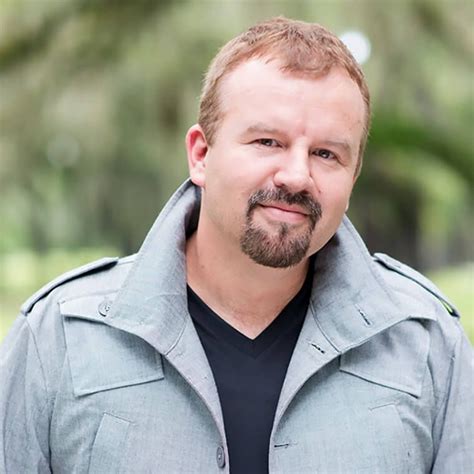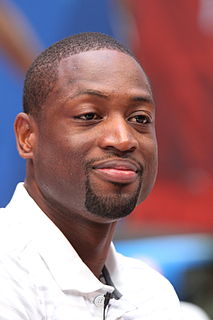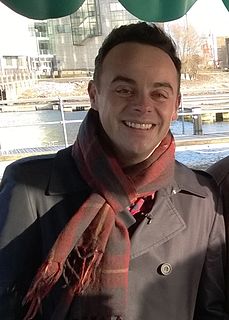A Quote by Mitchell Baker
The name Firefox is not part of the open source licence, and that's why it's important to us.
Related Quotes
If an open source product gets good enough, we'll simply take it. So the great thing about open source is nobody owns it - a company like Oracle is free to take it for nothing, include it in our products and charge for support, and that's what we'll do. So it is not disruptive at all - you have to find places to add value. Once open source gets good enough, competing with it would be insane. We don't have to fight open source, we have to exploit open source.
The Open Source theorem says that if you give away source code, innovation will occur. Certainly, Unix was done this way... However, the corollary states that the innovation will occur elsewhere. No matter how many people you hire. So the only way to get close to the state of the art is to give the people who are going to be doing the innovative things the means to do it. That's why we had built-in source code with Unix. Open source is tapping the energy that's out there.
We weren’t trying to strike it rich with Firefox. It’s open source and it’s free. We weren’t trying to take over the world; we had kind of modest goals, and it was OK if it failed. We were a lot freer to make risky decisions. If you can afford to do things that way, it’s just so much better. You’re not thinking about venture capitalists or marketing or sales. Just product and users, all day every day.
If the DHS insists, as bureaucracies are apt to do, that open-source must be certified via a sanctioned, formal process, it will interfere with the informal process of open-source itself. It seems to me the DHS is trying to turn an open-source development project into a Microsoft (or IBM or Oracle) software development project. And we know what that means: more, not fewer, errors -- security and otherwise.
We're also looking a lot at graphics and video. We've done a lot on a deep technical level to make sure that the next version of Firefox will have all sorts of new graphics capabilities. And the move from audio to video is just exploding. So those areas in particular, mobile and graphics and video, are really important to making the Web today and tomorrow as open as it can be.
Whence came I, whither go I? Science cannot tell us a word about why music delights us, of why and how an old song can move us to tears. Science is reticent too when it is a question of the great Unity – the One of Parmenides – of which we all somehow form part, to which we belong. The most popular name for it in our time is God – with a capital ‘G’. Whence come I and whither go I? That is the great unfathomable question, the same for every one of us. Science has no answer to it.
































